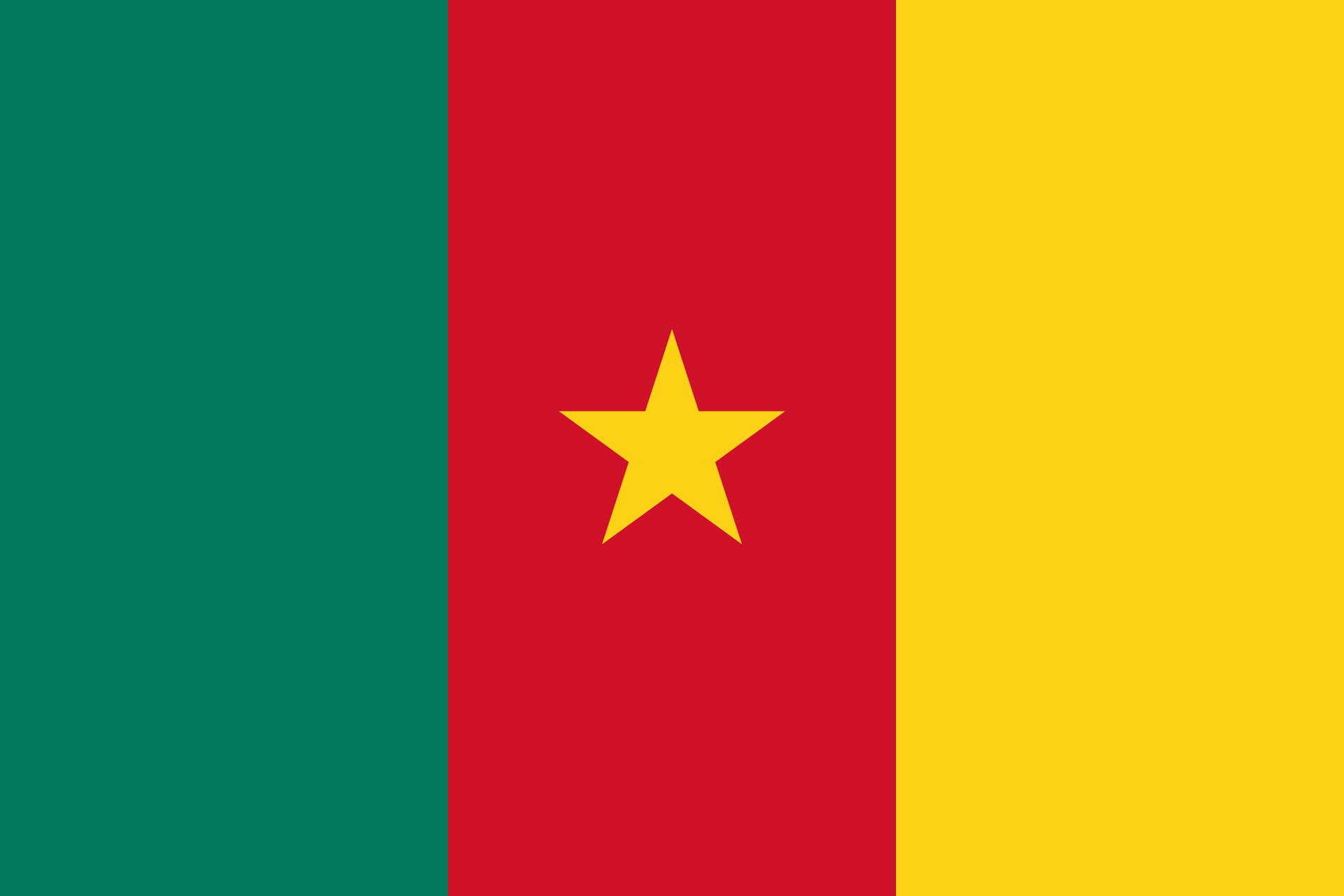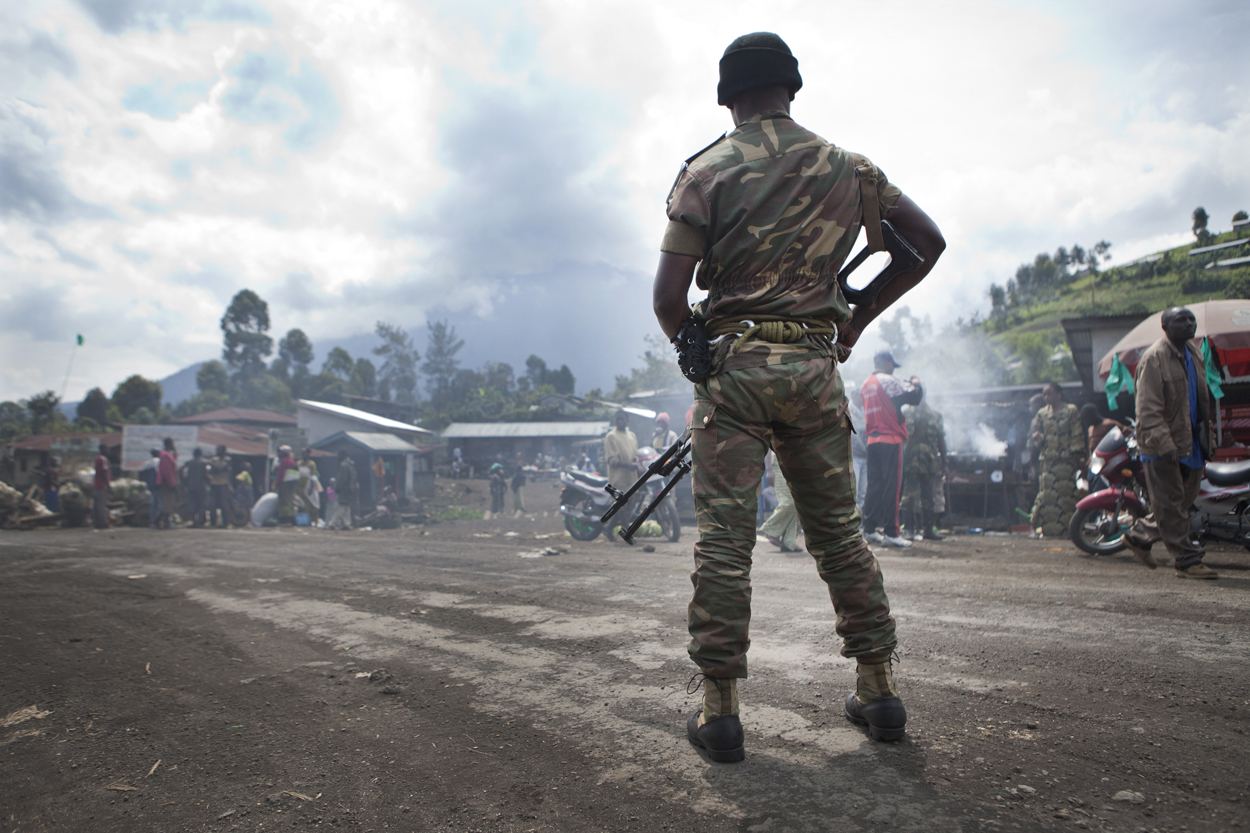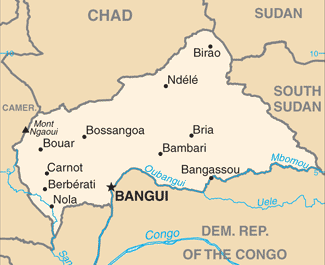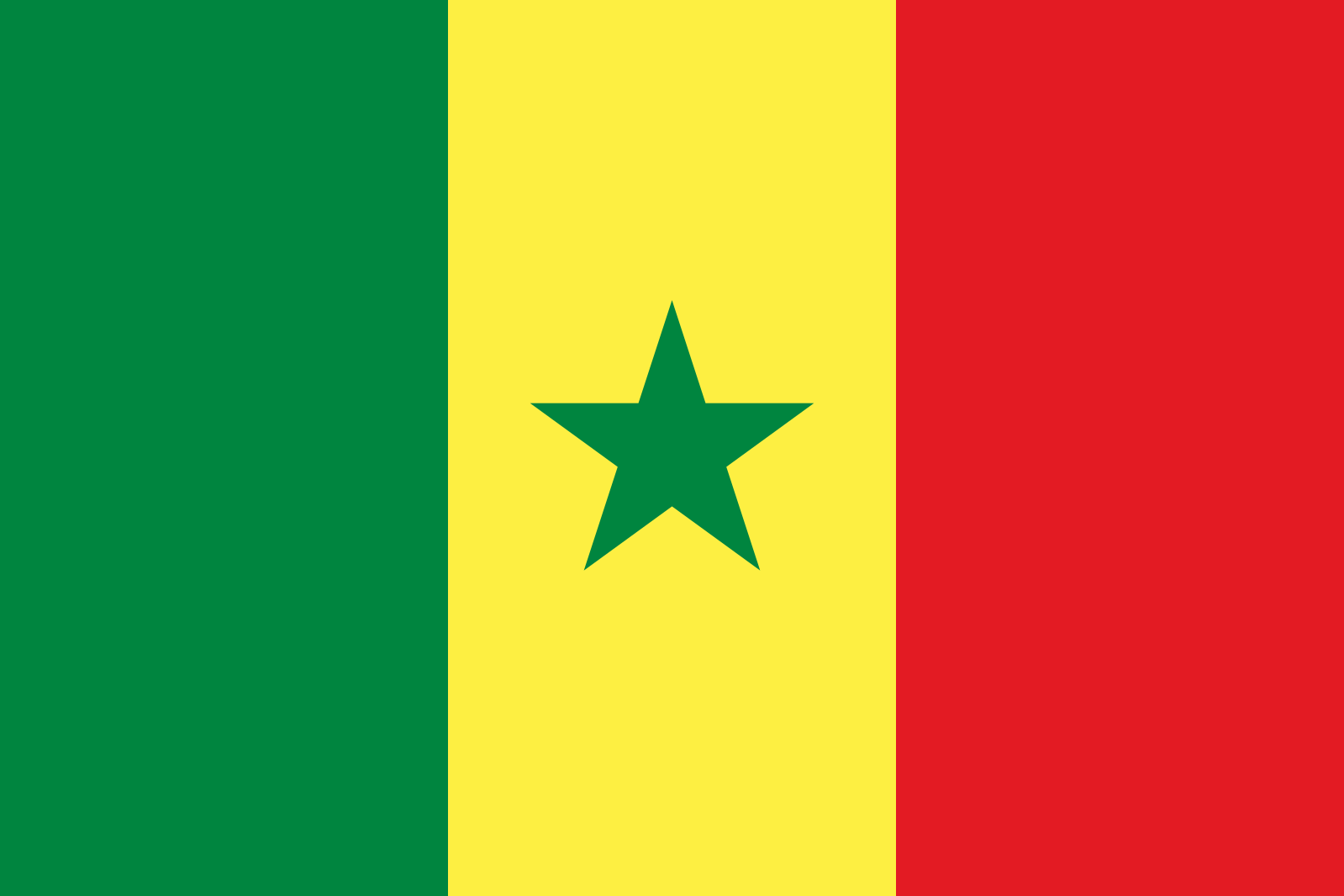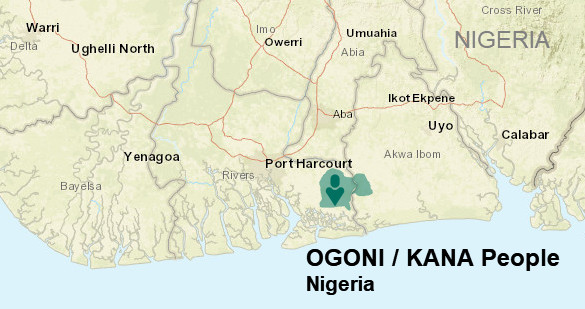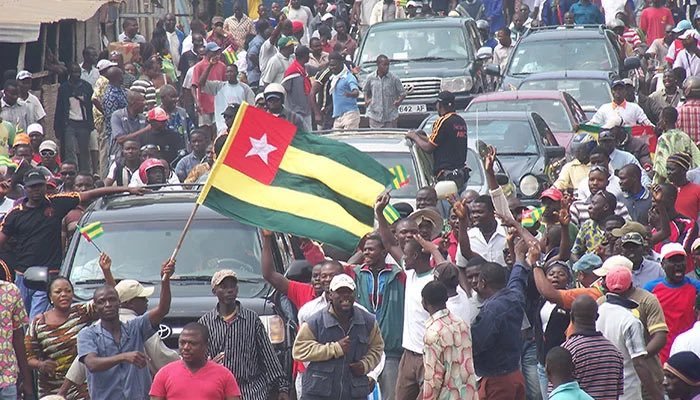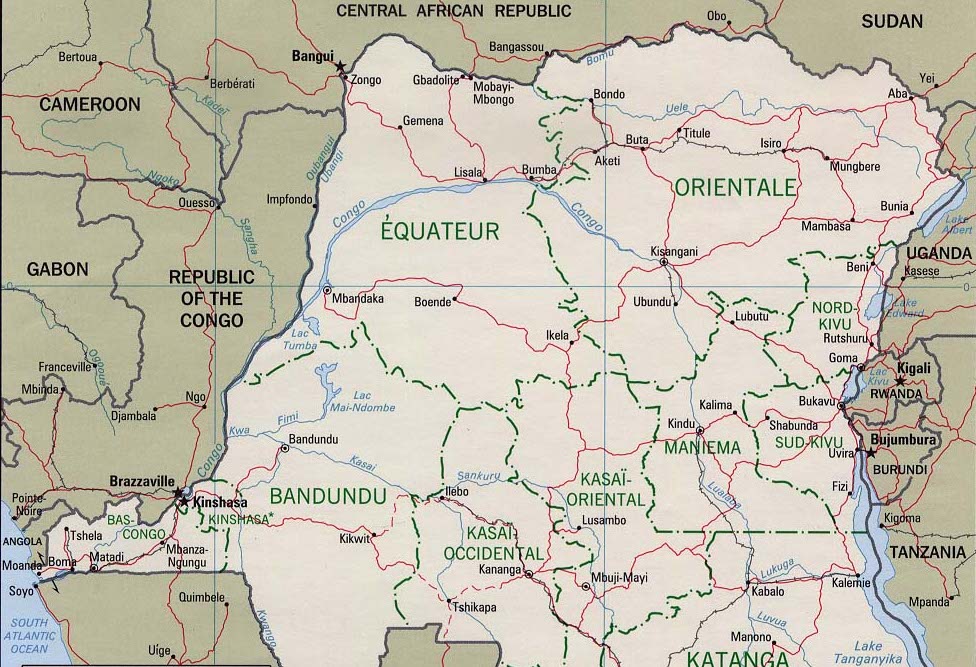
DRC prosecutor seeks execution of Kabila for M23 ties
The public prosecutor of the Democratic Republic of Congo requested the death penalty for former president Joseph Kabila during proceedings before the High Military Court in Kinshasa. Kabila, who governed the country from 2001 to 2019, is being tried in absentia on charges of treason and war crimes for his alleged ties to the M23 rebel group, which has waged a long-running insurgency in the country. He has consistently denied the allegations. (Map: PCL)




